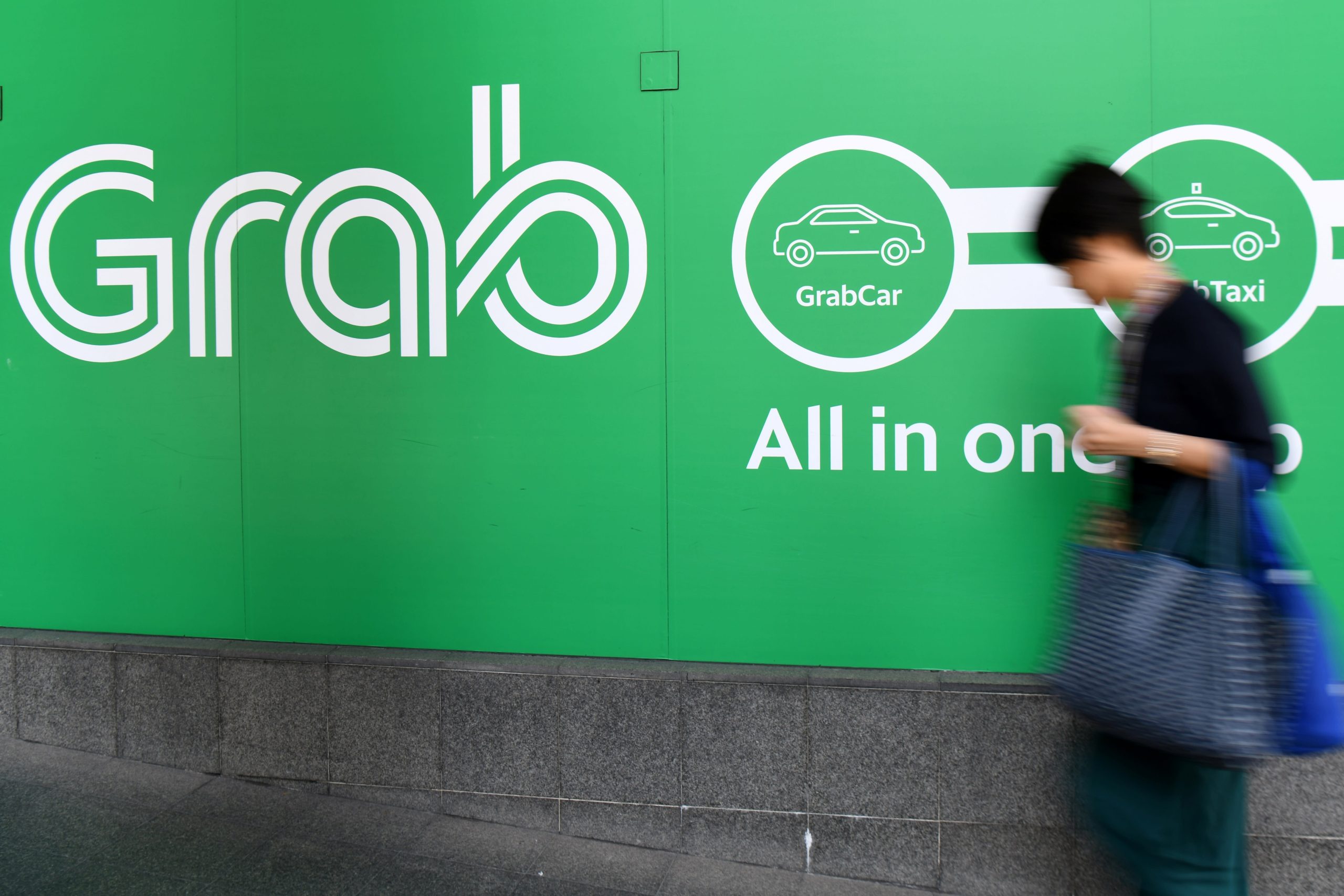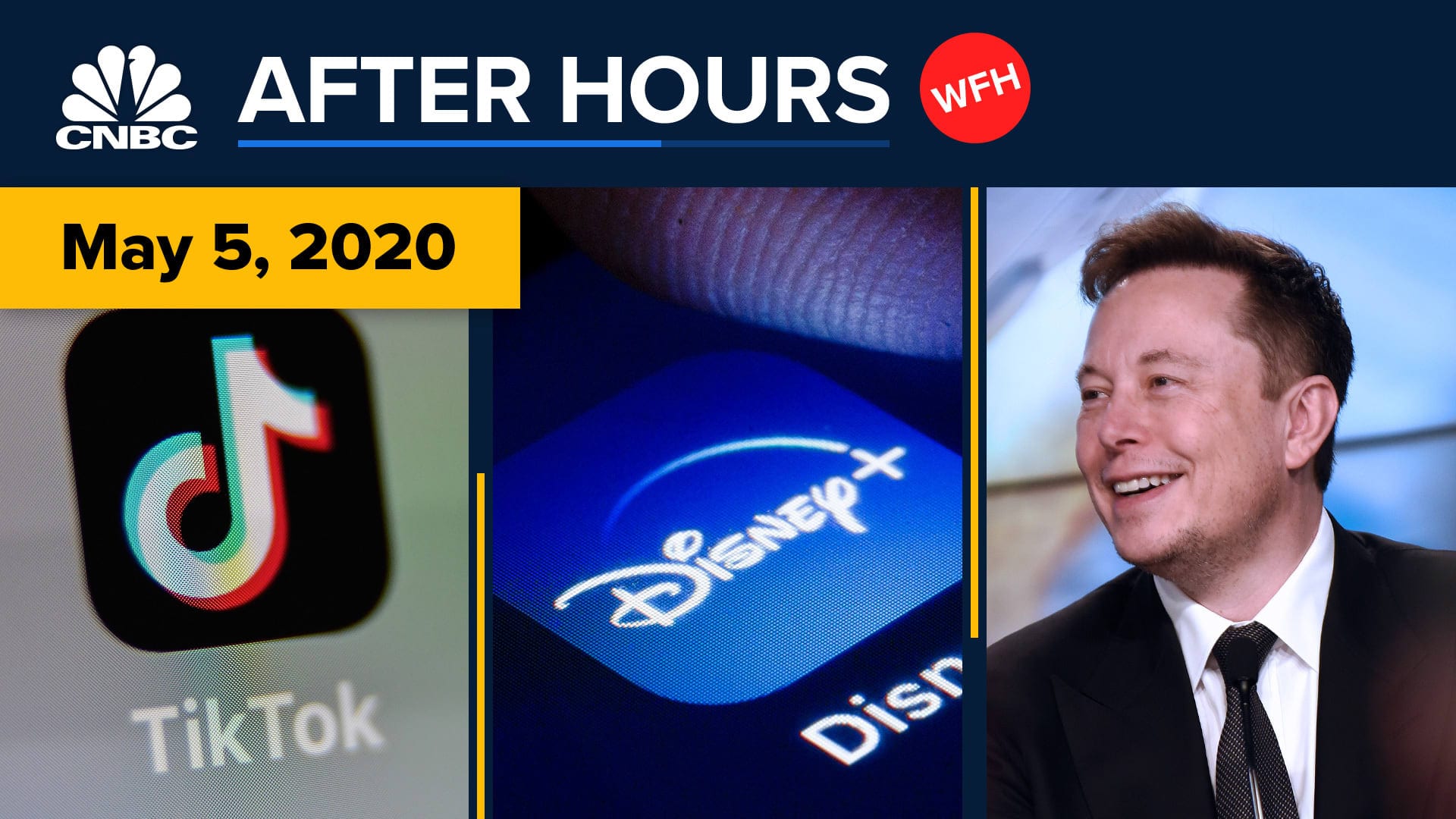[ad_1]
Southeast Asia’s ride-hailing giant Grab saw its transportation business take a hit due to the coronavirus outbreak, but CEO Anthony Tan predicts that his company will have enough liquidity to tide through a recession.
“In some countries, our transport GMV is down by double-digit percentage,” Tan told CNBC’s Nancy Hungerford in an interview.
GMV is a commonly tracked metric by internet companies that measures the total value of sales for goods and services sold on their platforms.
He explained that the company’s diversified business model, which includes food and grocery delivery among others, has helped Grab weather some of the coronavirus impact. Grab has adjusted to the new environment by scaling up some of its non-transport business segments to meet demand spikes and moving its supplies around to ensure drivers on the platform can still have income opportunities, the CEO said.
We are fortunate to have ample liquidity to tide us through, whether it’s a 12-month recession or 36-month recession.
Still, the uptick in delivery services has not completely offset the impact on the transport business but Tan appeared optimistic about the outlook.
“Looking ahead, though, I know that transport is a mass-market essential service, so we anticipate it will recover strongly once people start commuting again post lockdown,” he said.
Grab operates in 339 cities across eight countries in Asia, including Singapore, Malaysia, and Indonesia.
All of those countries have implemented some forms of social distancing measures, some stricter than others, and more people started staying at home in recent months due to the virus outbreak. It has reduced the demand for transportation.
Globally, more than 2 million people have been infected and the International Monetary Fund has predicted the worst economic downturn since the Great Depression.
That has affected the income of many drivers on Grab’s platform, including some who have contracted Covid-19, the disease caused by the coronavirus. In response, the company said it invested close to $40 million in financial assistance across the region and introduced additional support measures in places like Singapore, where it is headquartered.
“They can focus on recovering rather than worrying about putting food on the table,” Tan said.
When asked about the company’s overall financial health, he explained that most of Grab’s costs are variable and they decline when demand is down.
“Because of our strong investor base, we are fortunate to have ample liquidity to tide us through, whether it’s a 12-month recession or 36-month recession,” Tan added.
Grab counts the likes of SoftBank, Singapore’s state investment firm Temasek Holdings and Chinese ride-hailing giant Didi Chuxing as its investors. It has raised $9.9 billion to date, according to Crunchbase data, including an investment commitment from Japan’s Mitsubishi UFJ Financial Group for $706 million in February.


















